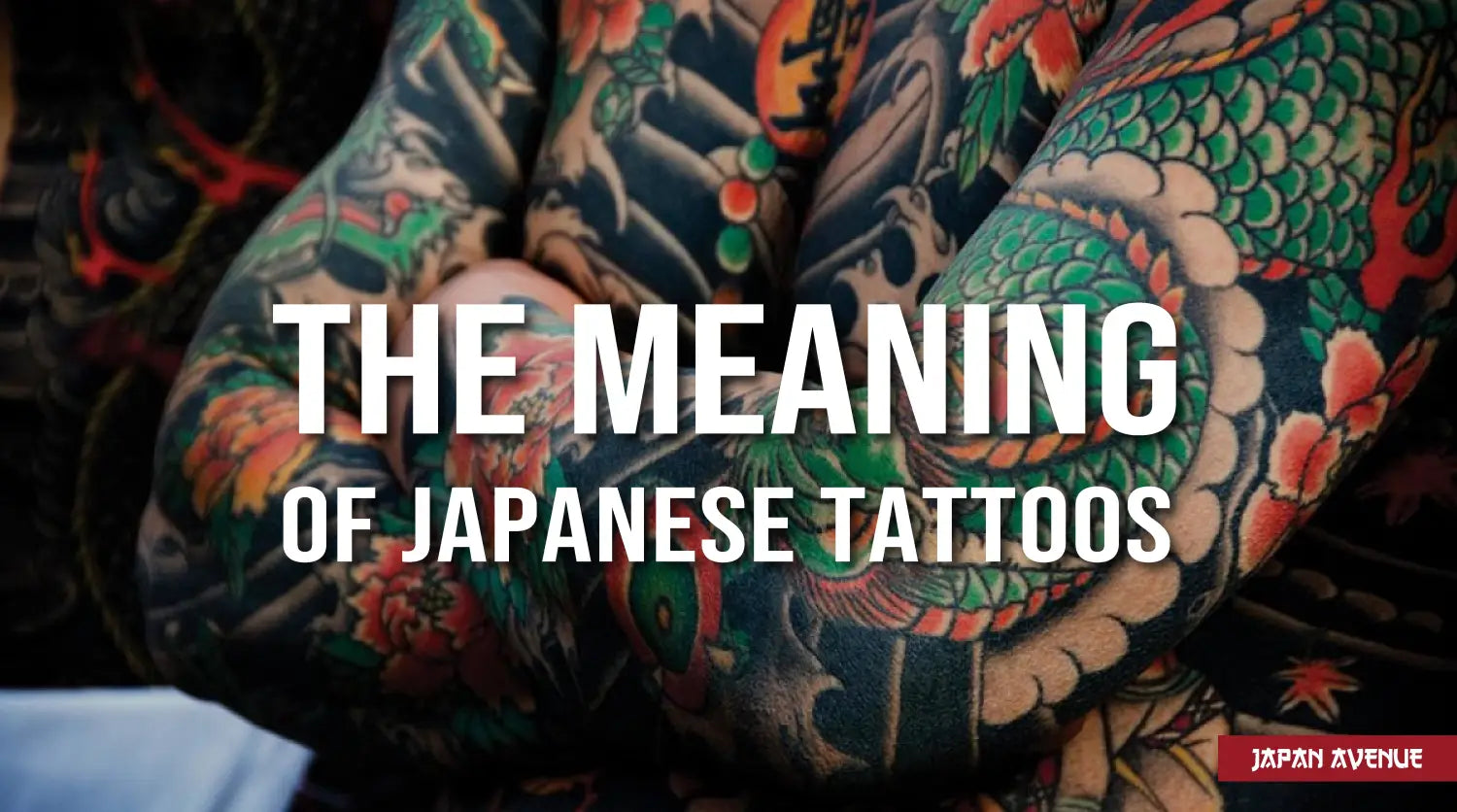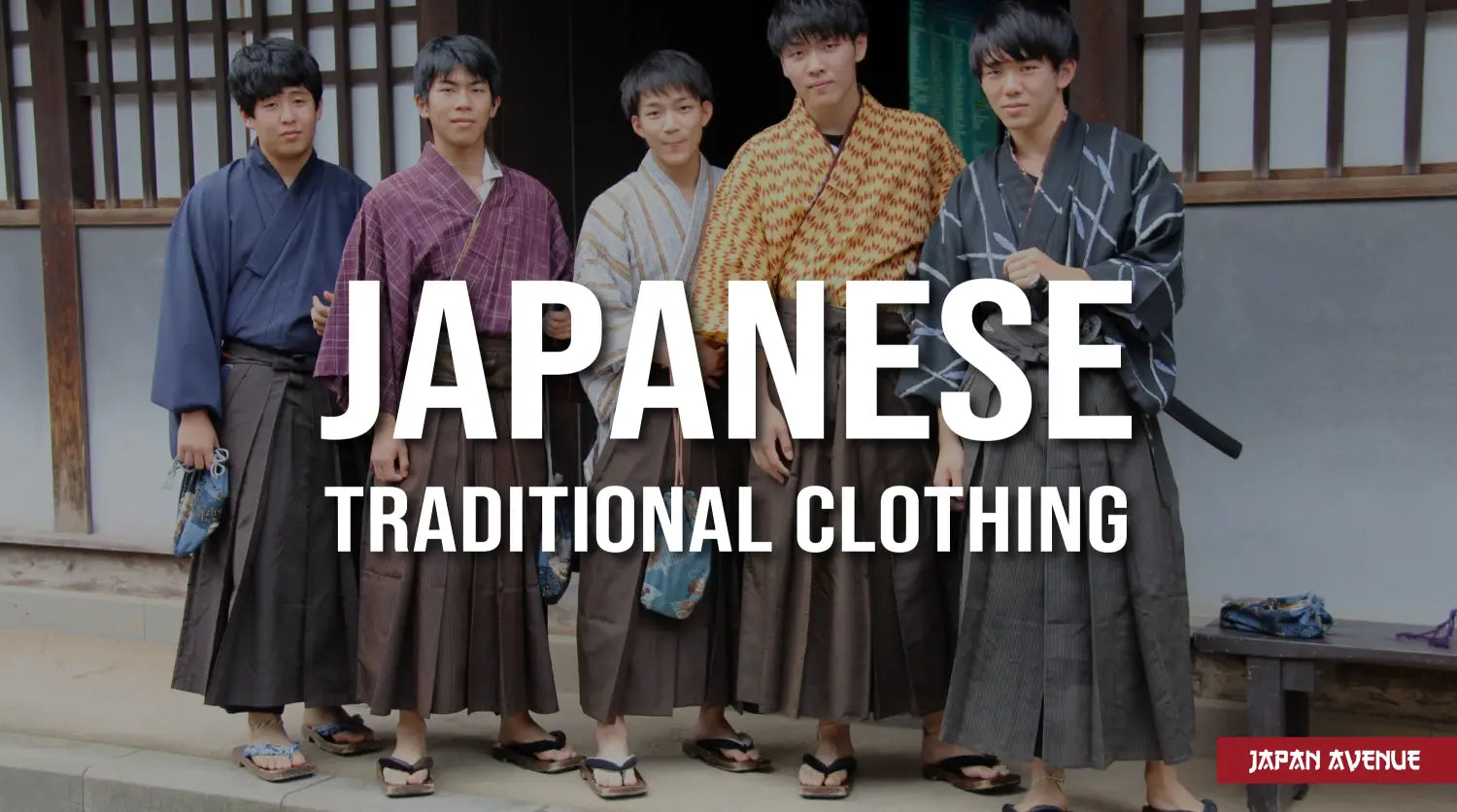Tattooing is a traditional Japanese art that has existed for thousands of years. After discovering the history and the perception of tattooing in Japan in a previous article, we are now going to focus on the meaning of Japanese tattooing.
Originating from ancient cultural rituals practiced by the Ainu people, the art of Japanese tattooing finds its origin in spirituality. In addition to their protective role, the drawings have a social and aesthetic dimension. We have seen that the Irezumi or traditional tattoo in Japan, represented for the Yakuza (members of the Japanese mafia), a way to swear loyalty to their clan while expressing their values of loyalty, honor and bravery.
Japanese style tattoos have a very deep meaning and most of the designs are chosen for a specific reason. Whether they originate from mythology, Buddhism or Shintoism, these engraved creatures are rich in senses for the person who wears them.
Dragons, tigers, koi fish, snakes, phoenix, demons or cherry blossoms, discover the meaning of the most popular Japanese style tattoos.
🐉 The Japanese dragon tattoo: power and protection

A fascinating creature related to the aquatic world, the Japanese dragon represents power and wisdom in Japan. While it seems to be associated with evil in the West because of its frightening appearance, the dragon is an auspicious animal in Asia, bringing luck and protection to the home.
The dragon is king of the elements. Consequently, a dragon tattoo requires respect. Generous and benevolent, this mythical creature remains unpredictable and dangerous when challenged.
🐅 The Japanese tiger tattoo: courage and fighting spirit

The tiger is another protective symbol for the Japanese who choose a tiger tattoo to ward off disease, to give them courage and to fight bad luck. This wild cat also represents inner strength.
In the Chinese novel "At the Water's Edge", which profoundly revolutionized the art of tattooing, the tiger is a major figure. Just like the lion, it protects from demons and evil spirits. Moreover, whoever wears a Japanese tiger tattoo will ensure a long life.
🐟 The Koi fish tattoo: determination

The symbolism of the Koi fish is very important in the Japanese culture which is particularly attached to this aquatic animal. Symbol of virility, determination and family value, the Koi fish will welcome luck into your home and help you fulfill your destiny.
According to the legend of the Yellow River, the Koi fish swims upstream, braving dangers in order to reach the top of the waterfall and transform into a dragon. A true source of perseverance and courage.
However, be aware that this tattoo is very present among the yakuza. So be careful not to be mistaken for a mobster when opting for this design as a tattoo 😉.
Although the koi fish design is rather masculine, women also covet it by associating the koi with the lotus.
|
❓ Did you know that tattooing is a real taboo in the Land of the Rising Sun? Although highly appreciated all over the world, the art of tattooing has long been persecuted in Japan, sometimes forcing tattoo artists to practice clandestinely. Even nowadays, tattooing still has a tough life in the archipelago. |
🐍 The snake tattoo: health

If this animal does not enjoy a friendly image in the West, it is particularly appreciated in Asia.
This guardian of the treasures of nature protects from diseases and helps healing. Symbol of regeneration, it also is an animal full of wisdom that will bring you luck.
So, a Japanese snake tattoo can be a spiritual support when facing an illness that you need to overcome.
🔥 The Phoenix tattoo: rebirth

The famous bird that rises from the ashes is a very popular Japanese tattoo that illustrates triumph and rebirth.
For the tattooed person, it can represent a new start in life or a desire to start over again for the better. For the fighters, it expresses invincibility against adversity.
It is also a symbol of immortality. A majestic phoenix tattooed on the chest or back will have the most impressive effect in frightening your enemies.
🌊 The Great Wave Of Kanagawa Tattoo: life force

The Great Wave off Kanagawa, a true emblem of Japan, is a famous artwork by Hokusai which represents the power of nature against human beings.
Water is a revered element that symbolizes purity and life in the Shinto religion. In Japan, this popular pattern is often associated with the wave, for its unpredictable nature. This tattoo reflects the notion of life and death.
🥢 The Geisha tattoo: refinement and beauty

In Japan, the geisha is known for her sense of refinement and her mastery of arts. Inaccessible and mysterious, the geisha is an object of fantasy. She is a cultured, beautiful and talented woman that is particularly admired in the Land of the Rising Sun. Whether she is tattooed on your thigh, upper back or neck, the geisha will always keep you company.
🌺 The Japanese flowers and trees tattoo
Floral, plant or natural designs such as flowers, trees, leaves, clouds, fire or wind are widely used as tattoos in Japan. They often serve as a background for the main elements, but can also be the main focus of the tattoo, such as the cherry tree, for example. Trees often symbolize strength while flowers evoke delicacy and perfection.
🌸 The cherry blossom tattoo: ephemeral life

Emblem of Japan, the cherry blossom represents the fragility and beauty of ephemeral life. For the Samurai who were willing to sacrifice their lives, this design expresses the awareness of death that could occur at any moment.
The cherry blossom represents softness and femininity while reminding us of the evolutionary nature of life. If you opt for a cherry blossom tattoo on your shoulder or forearm, you will always keep in mind that life is short and beautiful and that you should enjoy it to the fullest... just like the sakura trees that bloom in spring.
This unisex tattoo seduces both men and women in Japan.
🍃 The lotus flower tattoo: spirituality

The lotus, which takes root under water and rises to the surface to bloom, represents the trials of life and the path to overcome them.
It is also the flower of spiritual awakening and fulfillment among Buddhists. The lotus flower often accompanies koi fish tattoos.
👌 The chrysanthemum flower tattoo: perfection

A symbol of the emperor, the chrysanthemum tattoo evokes a superior social rank and a sense of perfection. This flower, which is honored every year in Japan during the Kiku Matsuri, represents the light and the sun.
💸 The peony flower tattoo: wealth and confidence

The peony flower symbolizes prosperity, confidence and wealth. Indeed, when you believe in yourself, you can achieve a lot of things. The peony tattoo is the perfect pillar for never doubting your skills again.
🏹 The Samurai tattoo: honor

The samurai tattoo expresses honor and loyalty as well as sacrifice. It is often surrounded by cherry blossoms. For the tattooed, it represents some values still very much rooted in Japan.
👹 The Hannya mask tattoo: revenge

In Japanese legends, Hannya is a female demon that returns to Earth in order to take revenge on the man who caused her pain. She is both sad and angry. A Hannya demon tattoo refers to a double facet: the wounded woman as well as the dangerous and fearsome woman.
The tattoo is said to be a reflection of the soul. The meaning of the tattoo is at least as important as its aesthetic quality. For good reason, the choice of the design tells a lot about your personality. For this reason, before entering a tattoo shop, it is important to know the symbolism of the designs you choose.




